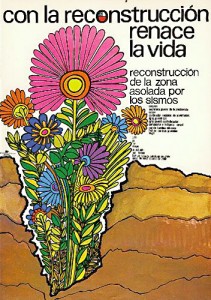If I couldn’t stumble, I couldn’t move at all.
If I’m sure of one thing, it’s that very little is certain. My favorite crossword puzzle clue and answer (by the master crossword puzzle constructor, Manny Nosowsky) once gave the clue: “Words heard too rarely.” The answer: “I don’t know.”
Descartes built a philosophy on doubt. He could doubt everything except his own existence. Cogito ergo sum. The converse is also true: I am, therefore I doubt.
Faith, belief, conviction mean nothing without doubt. Faith in anything, in God or Marxist revolution or the redeeming value of love, is meaningful only to the extent that one opens oneself to doubt, to wonder, to question.
Doubt requires accepting the possibility that one’s most deep-seated convictions are more hopes rather than an undeniable truths. It’s troubling how rarely most of us open ourselves to doubt. We might us less apt to scorn and dehumanize others who believe differently.
It’s not only in the area of religion where doubt has value. Creative artists struggle constantly with the question of whether their work is a vibrant new direction, a mere re-working of previous work, or a dead end. Belief without doubt is dogmatism. Creative endeavor without doubt is empty proficiency. And so we stumble onward.

